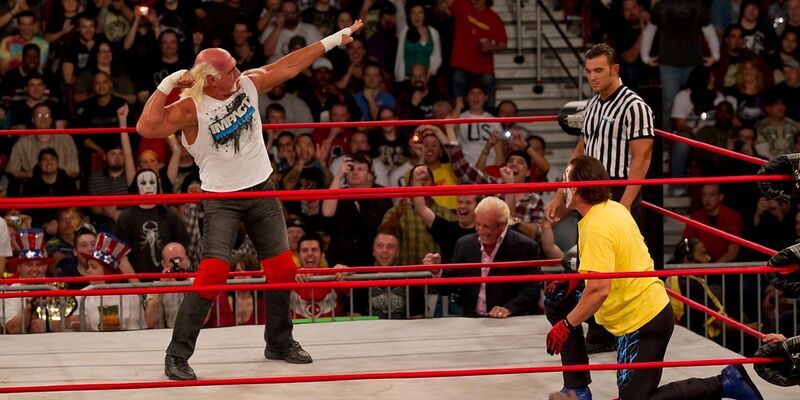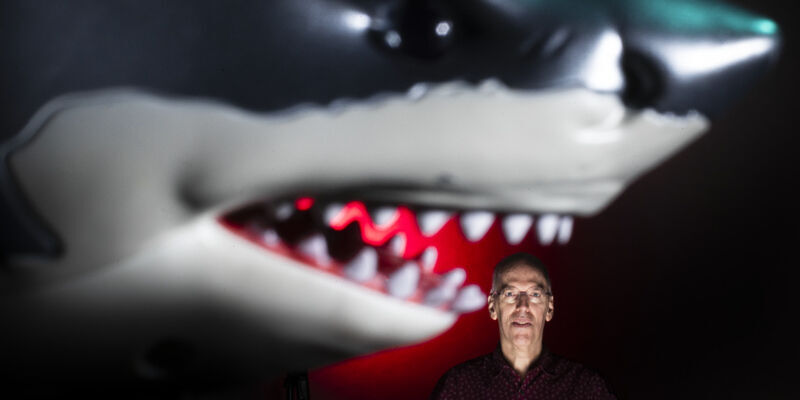Temple expert discusses the legacy of Ozzy Osbourne, the ‘Prince of Darkness’
Michael Johnson, assistant professor of music studies at Boyer College of Music and Dance, explains Ozzy Osbourne’s impact on pop culture.

Ozzy Osbourne, one of the founders of the heavy metal band Black Sabbath, passed away last week. Known as the “Prince of Darkness” and the “Godfather of Heavy Metal,” Osbourne is remembered for his contributions to the genre of heavy metal and rock music in general.
Osbourne rose to fame in the 1970s as the frontman of Black Sabbath, later finding success with his own solo career. Over his decades-spanning career, he gained notoriety for wild stage antics and substance use but later revealed a softer side as the subject of The Osbournes on MTV, one of the first popular reality TV shows.
Temple Now spoke with Michael Johnson, an assistant professor of music studies at Boyer College of Music and Dance who has worked in the popular music industry for more than 25 years as a producer, performer, songwriter, tour manager, label owner, consultant and general utility person. Johnson offers his perspective on Ozzy Osbourne’s career and influence that has had a lasting impact on popular culture.
Temple Now: Why are Ozzy Osbourne and Black Sabbath so important to the genre of heavy metal?
Michael Johnson: Ozzy Osbourne is fundamental to everything that happened in rock music after Black Sabbath. Black Sabbath started as four disaffected nonglamorous factory town kids and ended up being an inspiration for disaffected suburban youth for the next 60 years. There’s no metal, there’s no hardcore, there’s no punk without Sabbath.
Heavy metal began as a rollicking party era in the 1980s and lasted a good seven to eight years as a vibrant, dominant genre, and then came people like Axl Rose—there's no Axl Rose without Ozzy Osbourne. At that same time, Tipper Gore and the Parents Music Resource Center were coming after metal really hard and trying to conflate the genre with Satanism. At that point, heavy metal became kind of like a middle finger in the air for teenagers all over the world, and people have been putting on that costume ever since. Ozzy himself and heavy metal became a symbol of rebellion, making him either a god or a demon.
TN: How did Ozzy Osbourne influence culture in domains outside of music?
MJ: In the early 2000s, his family was the subject of one of the first reality TV shows, The Osbournes, on MTV. The show really humanized him and made him a prototype for the celebrity redemption story, going from being this glorious screwball to being perceived as a good-hearted dad and family man. It’s an interesting study of the power of media and how someone could be framed in a certain light. He was really one of the first reality TV stars.
That show was also important in that it showed a lot of “has been” celebrities a path to relevance again, provided they were willing to completely open their lives to the camera. MTV tapped into the reality show jackpot with The Real World a decade or so prior, and networks were adjusting the formula looking for the payoff. The Osbournes struck gold, a mundane but hilarious look into the day-to-day antics of a demon- hugging, bat- biting heavy metal frontman and his family. Many have followed since, but none are quite so pure.


